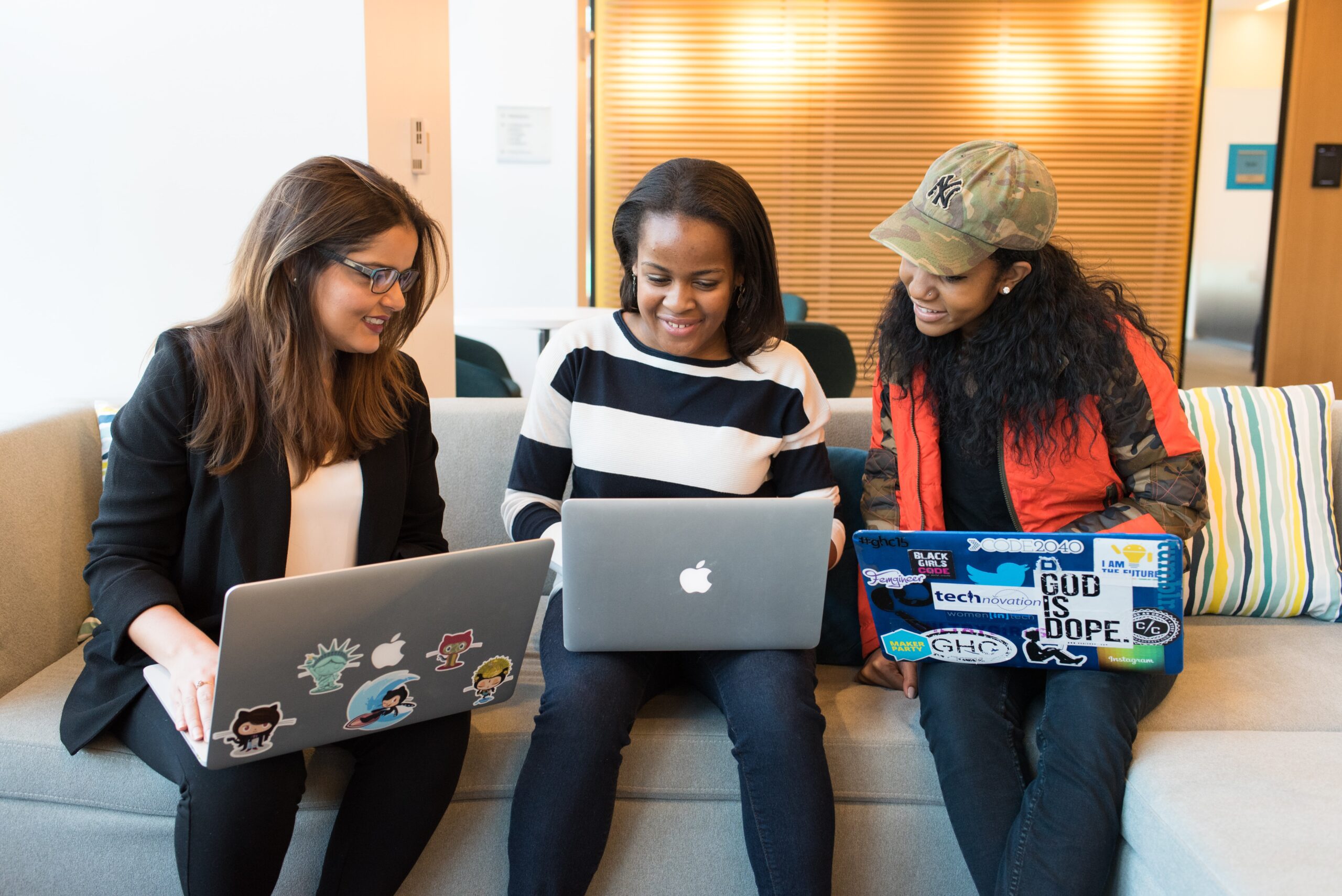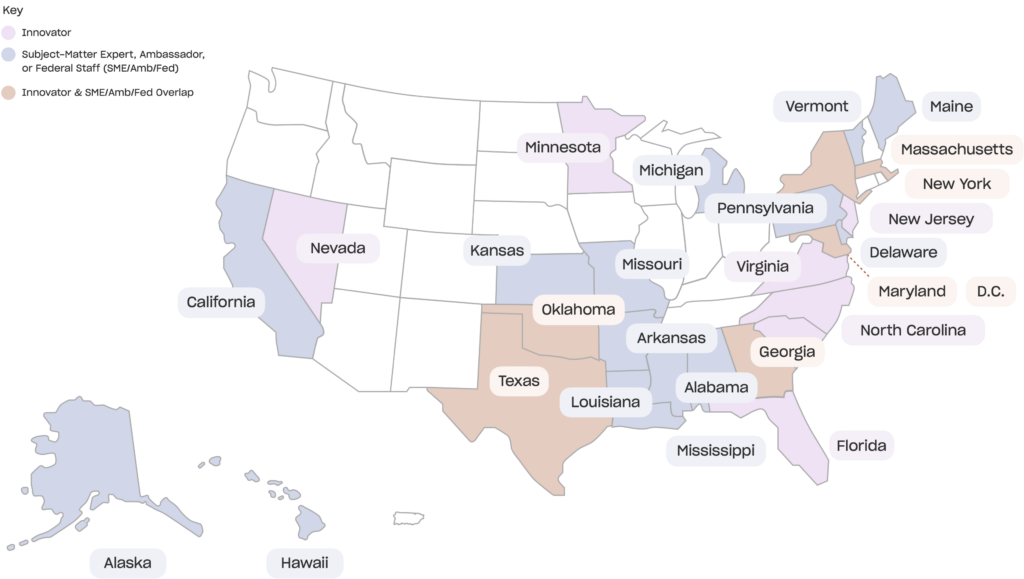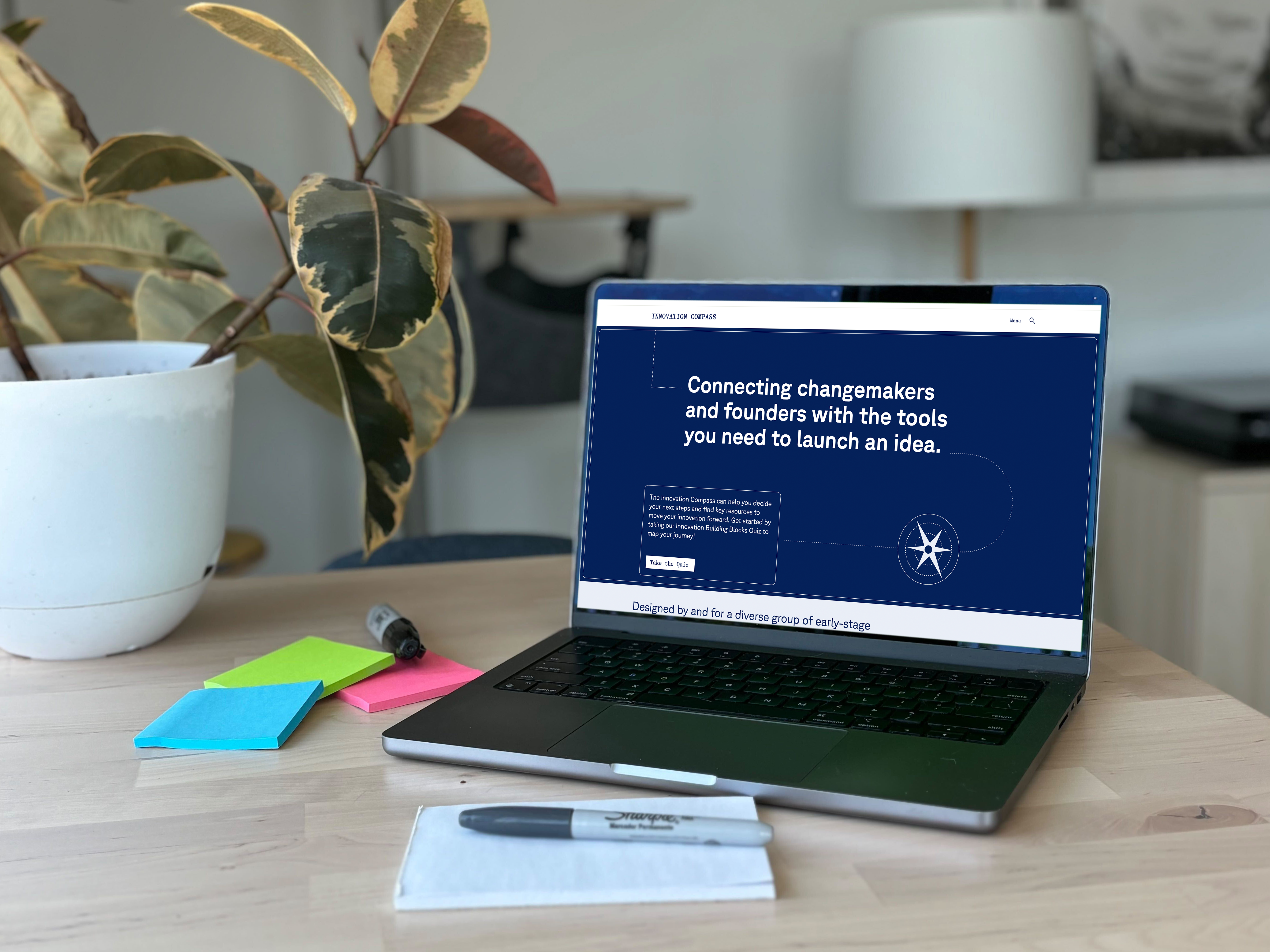

Innovation in science, technology, engineering, mathematics, and medicine (STEMM) plays a critical role in addressing societal challenges, such as healthcare disparities, environmental risks, and economic inequalities — yet members of the communities most affected by these societal challenges tend to participate less in federal seed-funding programs than is relative to their share of the U.S. population.
The underrepresentation of certain groups (including people from indigenous communities, people of color, women, and people with disabilities, among others) in STEMM funding programs can be attributed to a variety of factors, including generational wealth gaps, obstacles to higher education, and segregated social networks. Structural biases within funding programs’ outreach, application, and review processes may also present a significant barrier to access.
While this is not an exhaustive list of all the roadblocks facing diverse teams attempting to bring their innovations to market, these observations provide the impetus for the proposed work.
Over 20 months, the Compass Pilot is identifying and developing a set of rigorously researched, co-designed, and piloted tools that will be ready to be operationalized at scale.
During research, we engaged innovators, experts who support innovators, and federal staff with expertise in seed funding to better understand the challenges that underrepresented innovators face when developing their business ideas.
As in all Public Policy Lab projects, we took a human-centered design approach, conducting qualitative research with participants to learn more about their experiences and ultimately generate fuel for the design process.
Participant Sample
We spoke with participants across 23 states, including:

Advisory Committee
To deepen the value and utility of this project, PPL assembled a diverse advisory committee to bring their expertise and perspective to this work. We interviewed a pool of subject-matter experts and ambassadors who provided insight into their organizations and innovation ecosystem. From this pool, we identified a set of organizations that touch on vital aspects of the innovator journey.
What We Heard
During research, participants shared their experiences across the journey stages of seed-funding: from getting started with an idea, to learning about funding, to applying for funding. The following takeaways are samplings of what we heard from our pool of participants. We collect these takeaways to generate fuel for the design process. They are not intended to represent objective truths nor are they statistically representative.
After synthesizing our research data, we identified six key needs of innovators.
Co-Designing Solutions
Based on the identified needs, we ideated across the spectrum and generated dozens of ideas—big and small. We worked with our partners and advisory committee to prioritize the design concepts and identify a set of opportunity areas, or where we thought these design concepts made unique interventions at different stages of an innovator’s journey.
We spent five months working with our innovator cohort to refine our preliminary design concepts into working prototypes. This human-centered design process gave innovators real authority over the project’s outputs. Over ten co-design workshops, innovators mapped out their personal innovation journeys, provided critical feedback on prototypes and design directions, and helped us refine a framework that is now the backbone of our pilot tool.

Co-Design Sessions
During ten workshops, we collaborated with innovators to narrow in on design concepts. These concepts centered around tools to orient innovators to the innovation ecosystem, to assess the assets that innovators have and lack, and to consolidate essential resources.

Based on the needs expressed during research, and the design concepts devised during co-design, we built the Innovation Compass Website.
The Innovation Compass Website aims to empower early-stage, underrepresented innovators to move their innovation forward by providing access to curated information and resources essential for navigating the innovation ecosystem.
Key Features:

Innovation Compass Website
The website aims to empower early-stage, underrepresented innovators to move their innovation forward by providing access to curated information and resources essential for navigating the innovation ecosystem.


Beginning in early 2025, we will pilot our website with a new cohort of 25 innovators and other pilot partners. During the pilot, we’ll test our prototype in real-world settings, collect feedback and evaluation data, iterate on the prototype, and ultimately implement it at scale.
For Further Information
If you’re interested in receiving periodic updates about this project’s progress, sign up for our newsletter here. In the coming months, we will be providing additional opportunities to get involved.
To learn more about the Compass Pilot, please see the National Science Foundation’s project announcement. For additional inquiries, please contact our project team at compass@publicpolicylab.org.
This work is supported by the National Science Foundation, Award Number 2331195.
PPL is a tax-exempt 501(c)(3)
nonprofit organization.
info@publicpolicylab.org
+1 646 535 6535
20 Jay Street, Suite 203
Brooklyn, NY 11201
We'd love to hear more. Send us a note and we'll be in touch.
We're currently seeking applications for a Graduate Summer Intern. If interested, learn more about the role here.
To hear about future job announcements, follow us on Instagram, Twitter, Threads, and LinkedIn or subscribe to our newsletter.
Enter your email below to subscribe to our occasional newsletter.
Wondering what you’ve missed?
Check out our
The Public Policy Lab is a tax-exempt
501(c)(3) nonprofit organization.
Donate now to support our work; your
gift is tax-deductible as allowed by law.